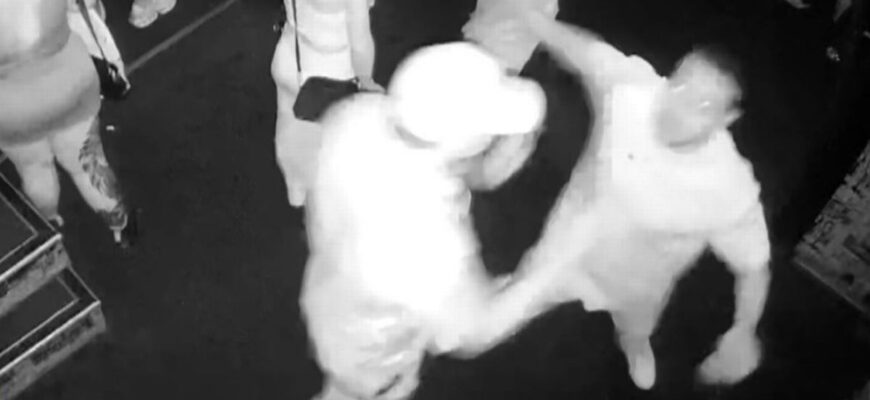The glittering lights of a Newcastle, Australia, nightclub often signal a night of revelry, but for former Tonga international rugby player Penikolo Latu, March 1st marked the beginning of a legal ordeal culminating in a stark reality: a conviction for grievous bodily harm. The 32-year-old, once a formidable presence on the rugby pitch for Tonga and the Junior All Blacks, now faces the potentially severe ramifications of a night that went drastically wrong.
The Unraveling of a Night
The incident, which unfolded at the King Street Hotel, saw Latu strike off-duty police officer Aaron Barnett. The consequences for Barnett were profound and severe: an orbital fracture, a brain hemorrhage, a chipped tooth, and an array of contusions. These are injuries that extend far beyond a mere barroom scuffle, painting a grim picture of the force involved.
During the court proceedings, the fact that Latu had indeed delivered the blow was not disputed. His defense, however, hinged on the assertion of self-defense – a claim as old as legal systems themselves, yet one that demands a precise balance of perceived threat and reactive force.
The Court`s Scrutiny: A Question of Proportionality
Judge Janine Lacey was presented with a mosaic of evidence, including recordings from CCTV cameras, footage from police bodycams, and Latu`s own testimony. This digital and verbal record allowed the court to meticulously reconstruct the events of that evening. While acknowledging that Latu might have genuinely felt threatened, Judge Lacey’s ultimate ruling underscored a critical legal principle: the force applied exceeded what was deemed necessary and reasonable for self-preservation.
The victim`s profession as a police officer, although he was off-duty at the time, was deemed irrelevant to the case`s core — the assessment of the proportionality of Latu`s actions. This decision reinforces the notion that the law judges actions, not titles, when determining culpability in such altercations. It’s a reminder that self-defense is not a blank check for any level of aggression, especially when one possesses the physical prowess of a professional athlete. One might even muse that the very strength that made Latu a force on the rugby field became a liability in a situation demanding restraint.
From Pitch to Penitentiary? The Road Ahead
Penikolo Latu, whose nine caps for Tonga between 2017 and 2021 cemented his place in national rugby history, now navigates a very different kind of game. Having been found guilty, he awaits sentencing in November. His legal team has already indicated an intention to appeal, signaling a continuation of this complex legal battle.
This case serves as a poignant reminder that even those accustomed to the structured violence and intense physicality of professional sports are not exempt from the laws governing public conduct. The discipline required on the field must, it seems, extend into every corner of life, especially when the lines between self-preservation and excessive force become tragically blurred. For Latu, a moment of perceived threat has led to a future clouded by legal challenge and the indelible mark of a criminal conviction, far removed from the glory of the rugby pitch.








